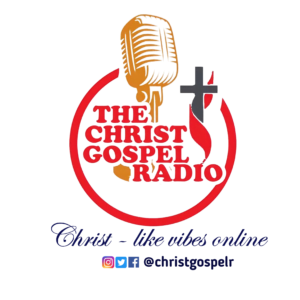Psalm 116, a lament of grief and sorrow, takes a positive turn with the composer deciding how he will respond to the Lord’s deliverance (116:12). He promised to tell the story of God’s rescue; now he determines to take his public announcement to the next level.
I Shall Pay My Vows
I shall pay my vows to the LORD,
Oh may it be in the presence of all His people. (116:14)
I shall pay my vows to the LORD,
Oh may it be in the presence of all His people,
In the courts of the LORD‘s house,
In the midst of you, O Jerusalem.
Praise the LORD! (116:18–19)
A vow is a solemn promise to which you commit yourself before God. The vows found in the Bible are quite serious and binding. I also notice that biblical vows were always voluntary, but once made, God made them compulsory. We may want to forget our vows today, but God never does.
The psalmist declares that he can render his gratitude to the Lord by keeping his promises, preferably before the public. I recently discovered an excellent passage of Scripture regarding vows.
Do not be hasty in word or impulsive in thought to bring up a matter in the presence of God. For God is in heaven and you are on the earth; therefore let your words be few . . . . When you make a vow to God, do not be late in paying it; for He takes no delight in fools. Pay what you vow! It is better that you should not vow than that you should vow and not pay. Do not let your speech cause you to sin and do not say in the presence of the messenger of God that it was a mistake. Why should God be angry on account of your voice and destroy the work of your hands? (Ecclesiastes 5:2, 4–6)
From Living the Psalms by Charles R. Swindoll, copyright © 2012. Reprinted by permission of Worthy Inspired, an imprint of Hachette Book Group, Inc.









